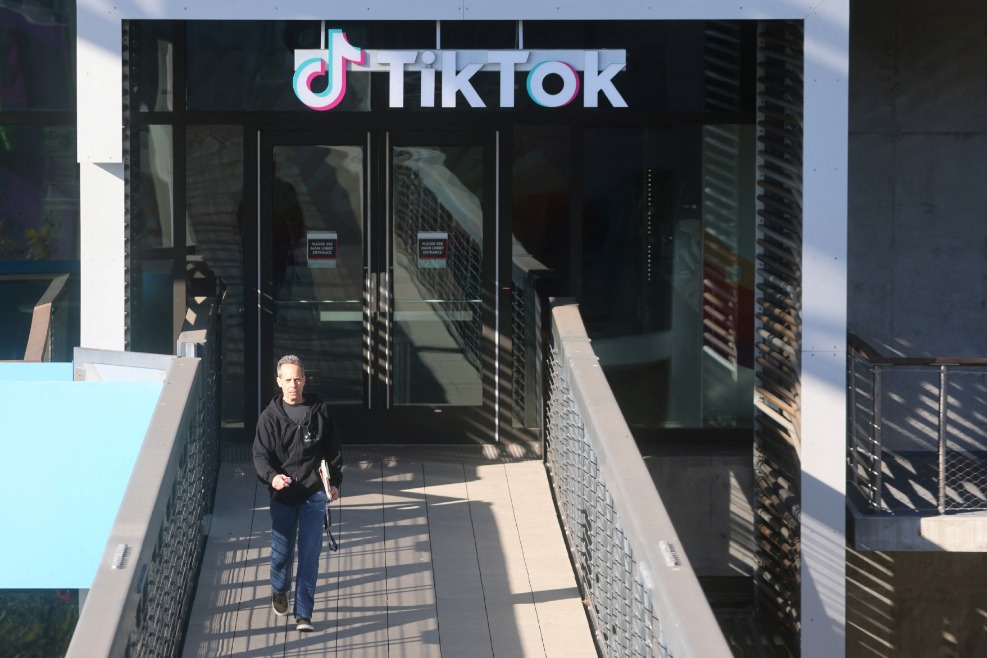G7 urged to invest in vaccines for poorest nations


Gordon Brown, former prime minister of the United Kingdom, has said the G7 group of nations must take responsibility for vaccinating the world against COVID-19.
Brown, the Labour Party leader of the country from 2007 to 2010, said the G7 summit in Cornwall, England next month would be a "unique opportunity" to make plans to bring COVID-19 under control.
His comments come as the variant of COVID-19 first detected in India continues to spread across Asia and Africa, and more cases are being identified in the United Kingdom.
A new British government study has found that two doses of either the AstraZeneca or Pfizer COVID-19 vaccine are over 80 percent effective in preventing infection from the variant first identified in India, the Daily Telegraph has reported.
Writing in the Financial Times, Brown said: "We are once again confronted with the unanswerable truth that no-one is safe anywhere until everyone is safe everywhere.
"By failing to ramp up vaccination more rapidly, we are dividing the world between the rich and vaccinated who will live, and the poor and unvaccinated who risk dying.
"It is now time for the politics to catch up with the science. The one sure way of maximizing vaccine production and immunizing the world is for the richest countries to underwrite the costs incurred by the poorest."
The former leader, who was also chancellor of the exchequer from 1997 to 2007, referenced two reports published on Friday that make a strong economic case for the richest nations to support the poorest.
He said analysis published by Save the Children showed that "American and European funding of vaccines will each be repaid 35 times over in increased trade and output".
Brown also noted research by the International Monetary Fund that showed investment by advanced economies in vaccine programs for poor nations would bring "possibly the highest return in public investment ever".
A genomic sequencing expert has warned that the variant first identified in India could be 50 percent more transmissible than other variants in a "worst case scenario".
Speaking to the BBC's Today program, Jeffrey Barrett, director of COVID-19 genomics at the Sanger Institute, said: "I think it's clearly growing, which anyone can see from the numbers as they are reported week by week.
"The key question is what's contributing to that growth? It is probably a combination of some biological properties of this variant that it might spread from person to person a bit faster."
The latest data from England's National Health Service says more than 50 million vaccine doses have now been given across the country.
The BBC reported that 31.5 million adults in England have had their first jab, while 18.7 million have had both.
Health Secretary Matt Hancock said the government will be able to offer a first vaccine dose to all adults in the UK by the end of July.
Hancock told Sky News the latest research by Public Health England on the effectiveness of the two main vaccines means he is "increasingly confident" England is on track with the government's roadmap to ending COVID-19 social restrictions, set for June 21.
- Tsai administration putting lives at risk playing political games: China Daily editorial
- 3 killed, 5 injured in US Ohio bar shooting: Report
- Let their scientific spirit live on: China Daily editorial
- Tampering with test results rings alarm: China Daily editorial
- Xi extends condolences to Yuan Longping's family
































